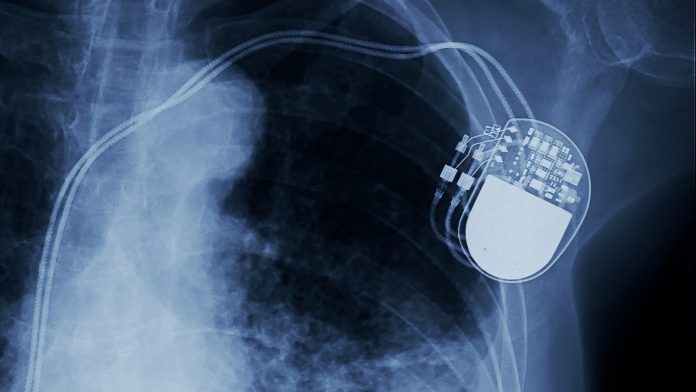
The installation of a cardiovascular defibrillator implant in a paediatric patient is more likely to cause PTSD in the parents of the child than in the patient themselves, according to a study from Stanford University.
More than one in eight children that receive a defibrillator implant show signs of post-traumatic stress disorder (PTSD) according to a new report in the Heart Rhythm Journal. However, PTSD is more common in the families of the children, with 47% of parents meeting the screening criteria for PTSD.
The study examined the prevalence of PTSD in paediatric patients who received a defibrillator implant and their parents. The study was made up of 50 participants aged from eight to 21 from a single medical centre. While 43 parents of young patients (21 and under) took part. Each participant completed a survey that included demographic questions and a psychological assessment based on measures of anxiety, depression, and PTSD.
Childhood illness can affect the whole family
“We were surprised that 47% of the parents – especially mothers — met the criteria for PTSD symptoms, compared to 12% of the children and adolescents themselves. These results remind us that childhood illness can affect the entire family and suggest a need for continued focus on how paediatric patients and their families are coping and adjusting” said lead investigator Lauren M Schneider of the department of Psychiatry and Behavioural Sciences at Stanford University School of Medicine.
The study found that the patients most likely to have PTSD were those who had already experienced life-threatening ventricular arrhythmia (as opposed to those who received the defibrillator implant because they were at risk). Results showed many of the participants met the clinical criteria for depression or had anxiety about the possibility of painful shocks caused by the defibrillator implant. Only 20-30% of patients who receive the defibrillator implant will experience such a shock, yet the fear of the possibility was identified as a key cause of PTSD.
Parent screening needed after defibrillator implant
Recently, more and more attention is being given to the overall health and mental well-being of paediatric patients, however, this is mainly aimed at the immediate patient. This study argues the need for a better understanding of both patient and parent wellbeing. Parents who have witnessed their child’s cardiac arrest first-hand or performed CPR may be susceptible to PSTD. The effects on those with existing symptoms of depression and anxiety may be more lasting and severe.
These findings highlight the need for both paediatric patients and parents to be screened after the installation of a defibrillator implant. “Patients and their parents vary in their responses to medical trauma and their coping strategies and abilities. We need to better understand how to prevent trauma from becoming PTSD, which can negatively affect paediatric ICD patients’ outcomes,” said Dr Schneider.









